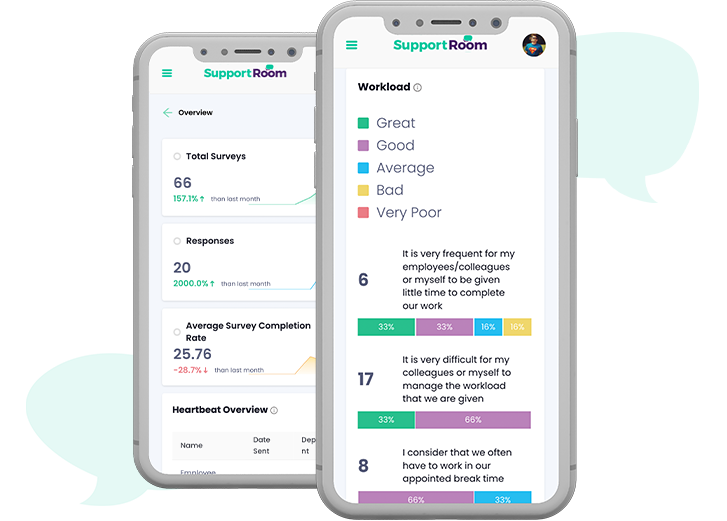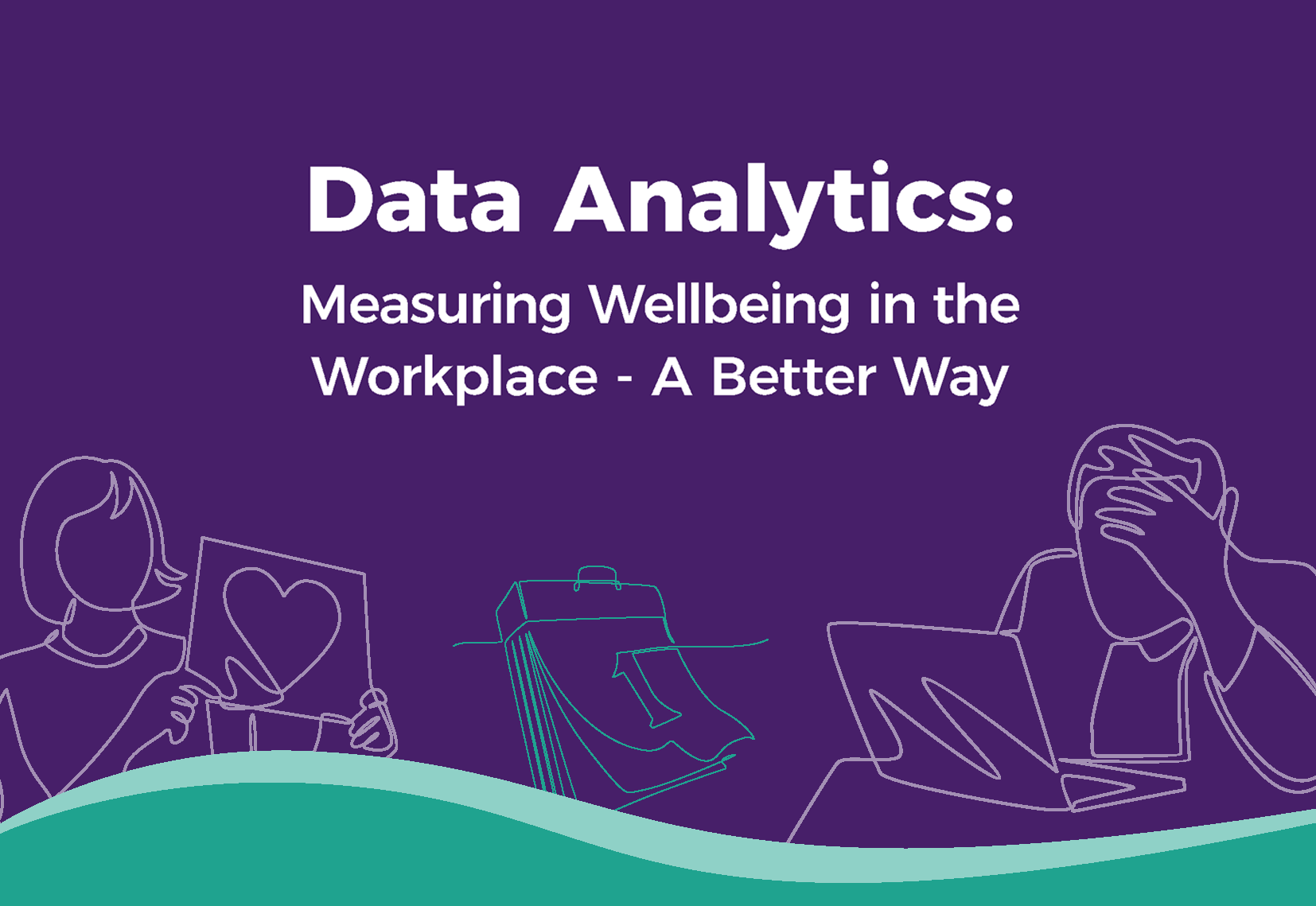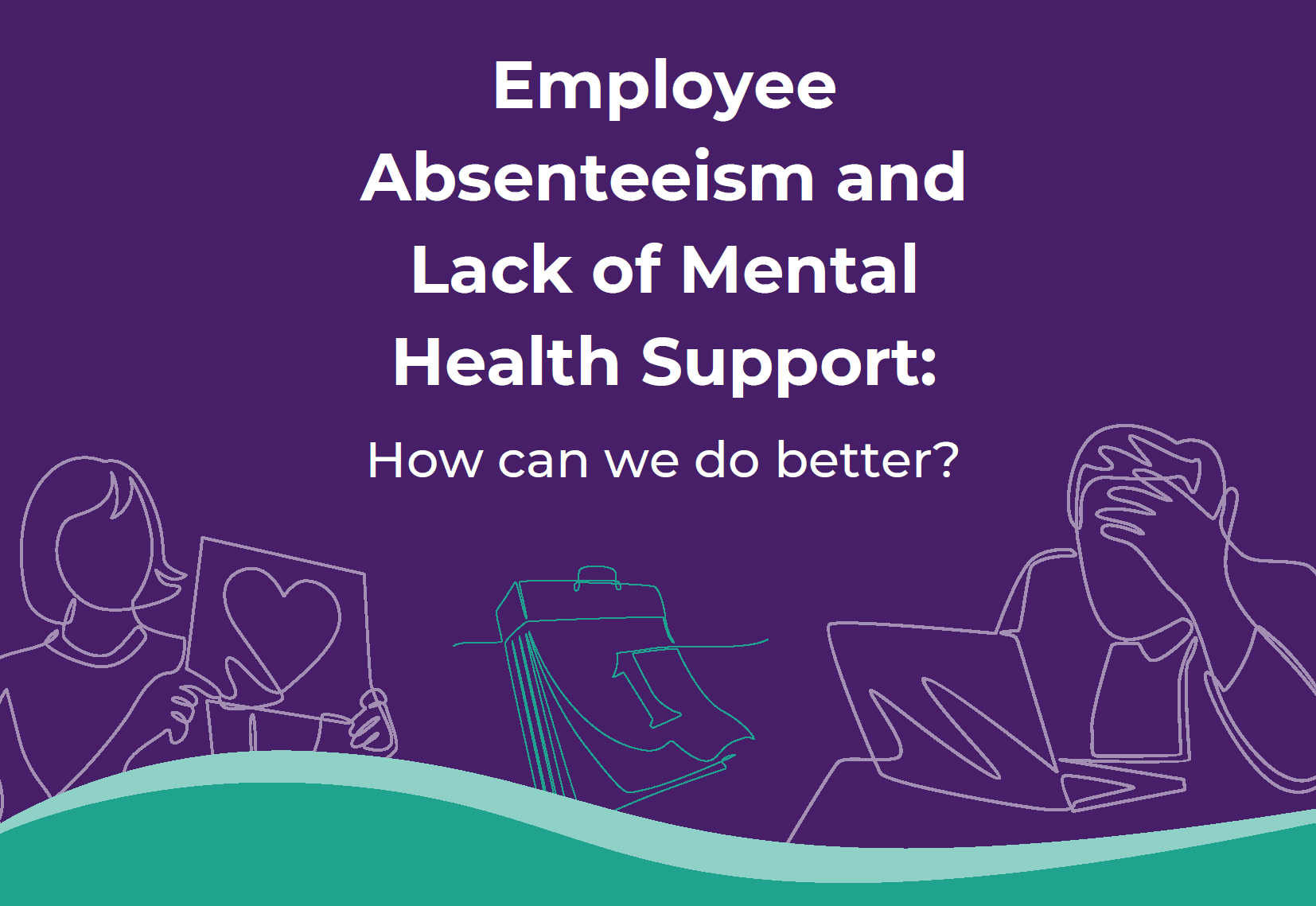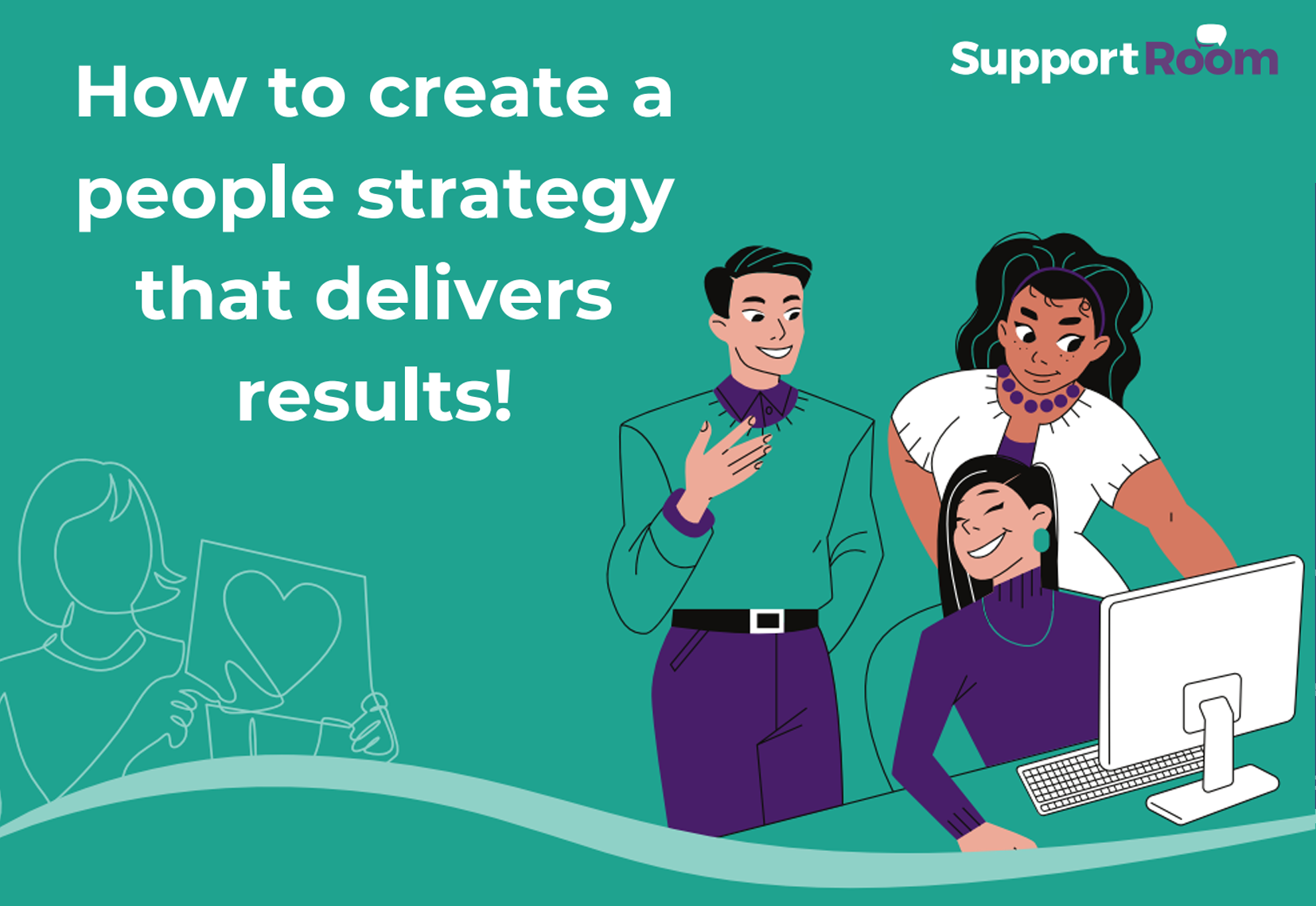Our friends will often come to us for advice and solutions. They will share their worries and concerns and expect us to listen to them, show compassion, and help them solve their issues. And most of the time, we will do that. We might think there is nothing wrong with it – at the end of the day, isn’t this what good friends do?
While there is nothing wrong with being a good friend who is always there for other people, we should not forget that we don’t always have the emotional resources to do that. We will have days when our own struggles leave us with no energy to listen to someone else’s concerns. Besides, we might find ourselves in a place where we don’t actually know what to do or say to someone who expects our advice. Trainee Integrative Psychotherapist Teodora Ghiur from SupportRoom shared a few tips on how we can protect our mental wellbeing when someone close to us burdens us with their personal problems.
Recognise your own limits
Instead of assuming that you have all the answers to someone else’s problems, have a realistic look at what you can practically solve in their lives. Take into consideration the fact that you’re not a therapist or an expert on someone’s issue. Therefore, the solutions and advice you are able to offer might not be the best. Do not put pressure on yourself to have the right words to say when someone complains about a situation going wrong in their lives. Knowing your own limits about what you can and cannot do will prevent you from setting unrealistic expectations of yourself.

Gain FREE access to Heartbeat
Get a free Heartbeat Survey.
Let us uncover the true state of your team’s wellbeing with a free mental health survey for your entire organisation.
Gain valuable insights to see how you can better support your team’s mental health and performance.
No pitch. No credit card required.
Manage people’s expectations
If people expect you to solve their problems & offer expert advice, you should bring more clarity on this. Let them know that you don’t have the ability to carry their emotional burden or magically heal their pain. Set clear expectations about your availability and resources during a certain period of time. For example, if you are particularly busy with work, let them know that you have to keep phone calls shorter or take more time for yourself. Oftentimes, people burden us with their problems because they don’t know how much we can take on. When this happens, we can manage their expectations with clear and compassionate communication.
Don’t pour from an empty cup
Lastly, remember that if you want to be there for someone, you must look after yourself first. Be careful about giving all your energy and attention to your friends while forgetting to nourish yourself with self-care and kindness. Pay attention to when you’re getting tired or frustrated and attend to your own needs before trying to save someone else.
Even if people come to you with urgent or serious situations, do not forget that your own matters are just as important. Do not fall in the trap of neglecting your own life simply because someone’s problem looks more urgent.

Gain FREE access to Heartbeat
Get a free Heartbeat Survey.
Let us uncover the true state of your team’s wellbeing with a free mental health survey for your entire organisation.
Gain valuable insights to see how you can better support your team’s mental health and performance.
No pitch. No credit card required.





